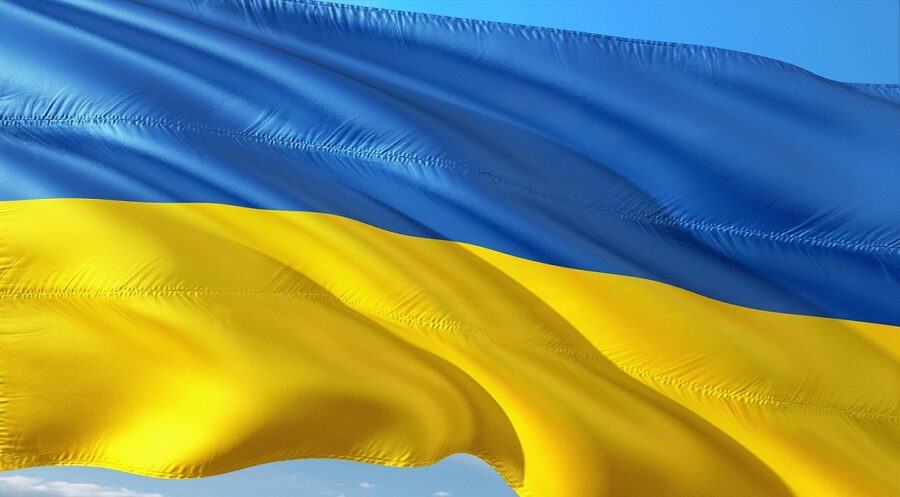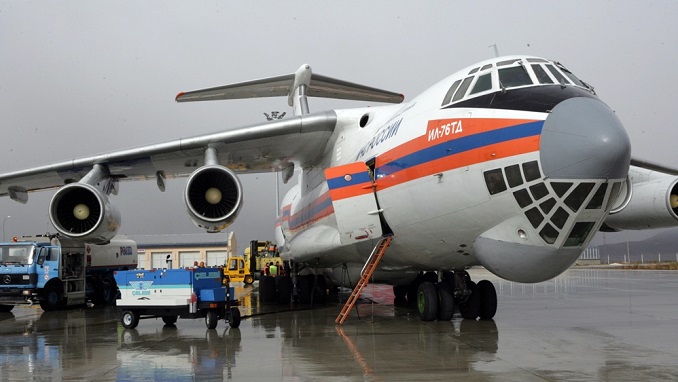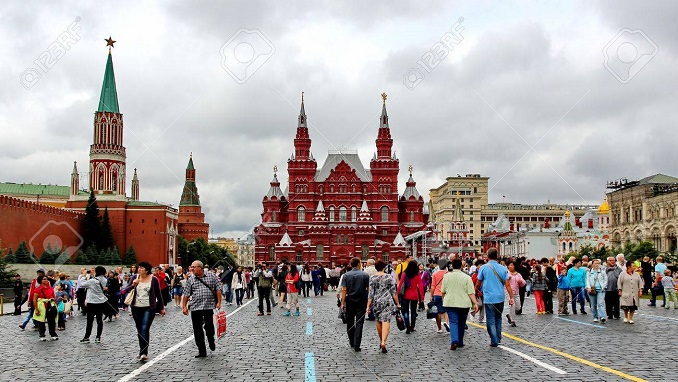Through a UN interagency convoy, WHO reached Bakhmut in the Donetsk region with vital life-saving medical supplies, medications, and consumables, enough to treat up to 10 000 residents of the city, a press release from ReliefWeb states.
In order to discuss the best practices for responsible management of medical waste and an algorithm for safe disposal of post-vaccination waste, as well as the data collection process, updated national legislation, and plans for 2023, WHO held a two-day workshop with focal points from Oblast Centers for Disease Control and Prevention (OCDCs), Departments of Health, and information and analytical centers from 10 regions.
A WHO online training platform called Training in Assistive Products (TAP), which includes modules on how to assess and fit people in need in addition to training them on how to use prescribed assistive products, allowed up to 100 health-care professionals, including rehabilitation specialists, to complete training on the proper use of assistive technology (AT10) kits.
WHO supported the creation of a roadmap emphasizing measures that are urgently needed to meet current MHPSS requirements in order to guarantee that the mental health and psychosocial support (MHPSS) response in Ukraine is evidence-based, equitable, and makes optimal use of limited resources. The operational strategy, which was introduced on December 9, 2022 by Prime Minister Denys Shmyhal and First Lady Olena Zelenska of Ukraine, will enable a humanitarian response based on already-existing frameworks, assets, and technologies.



